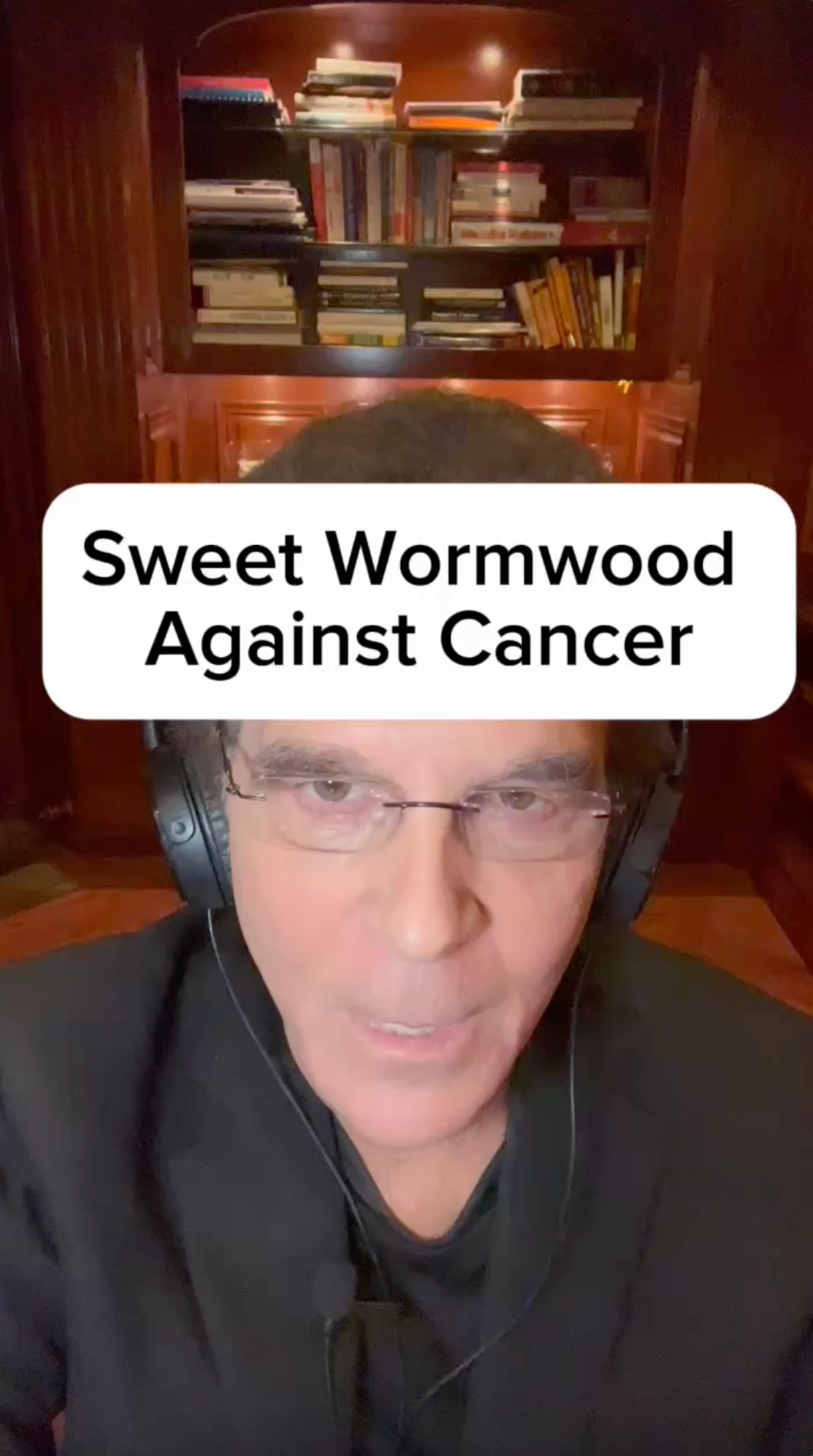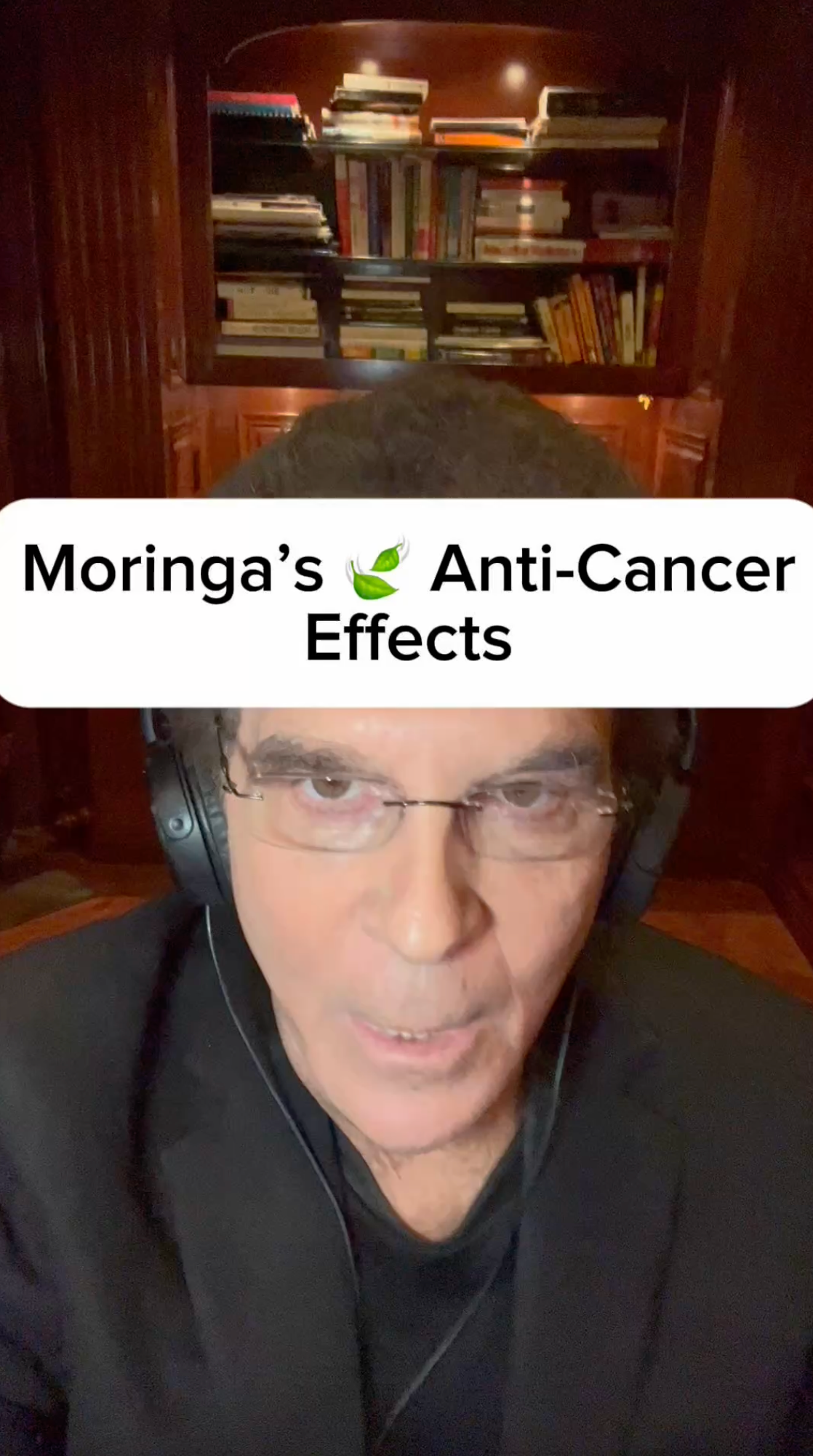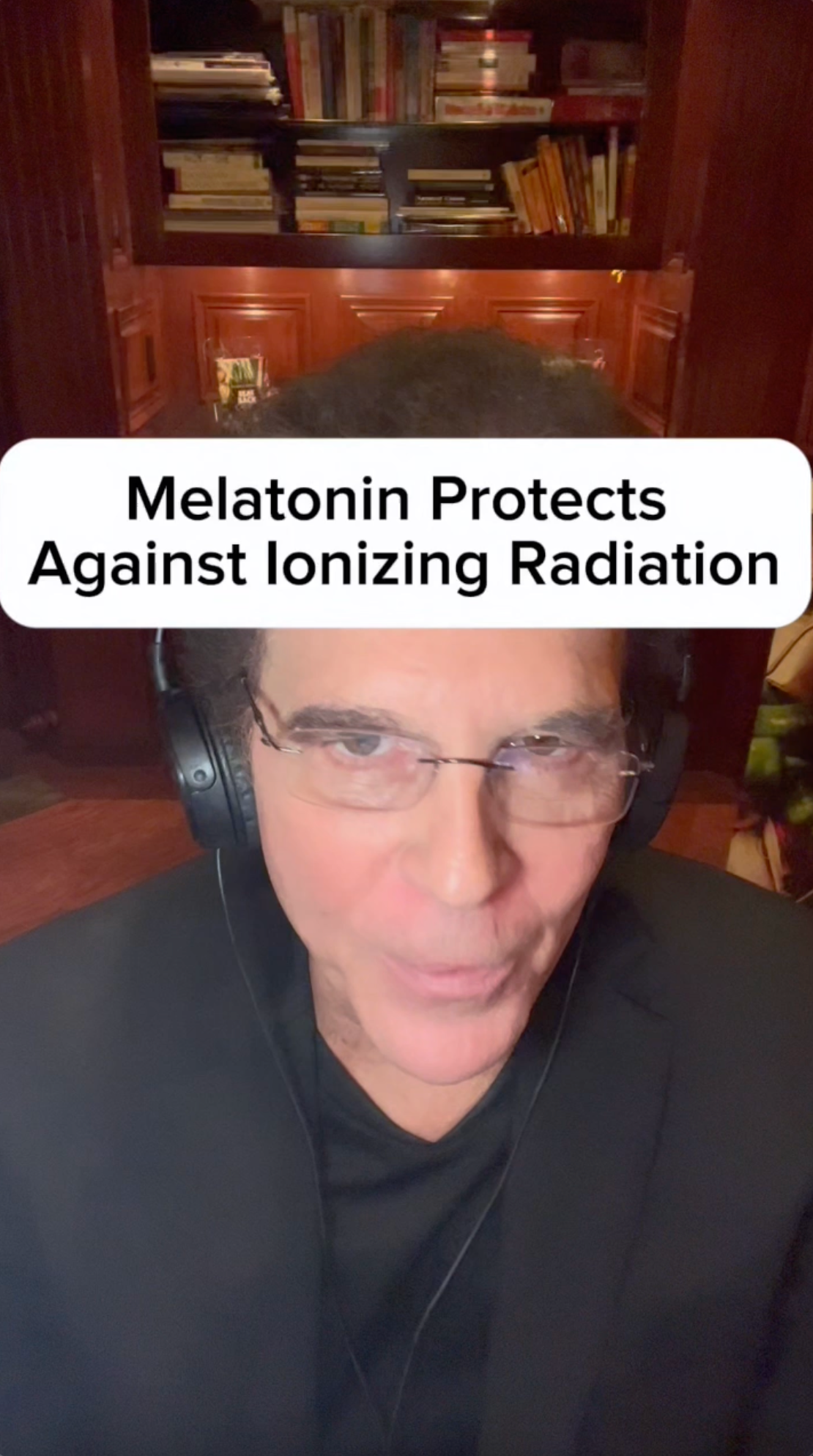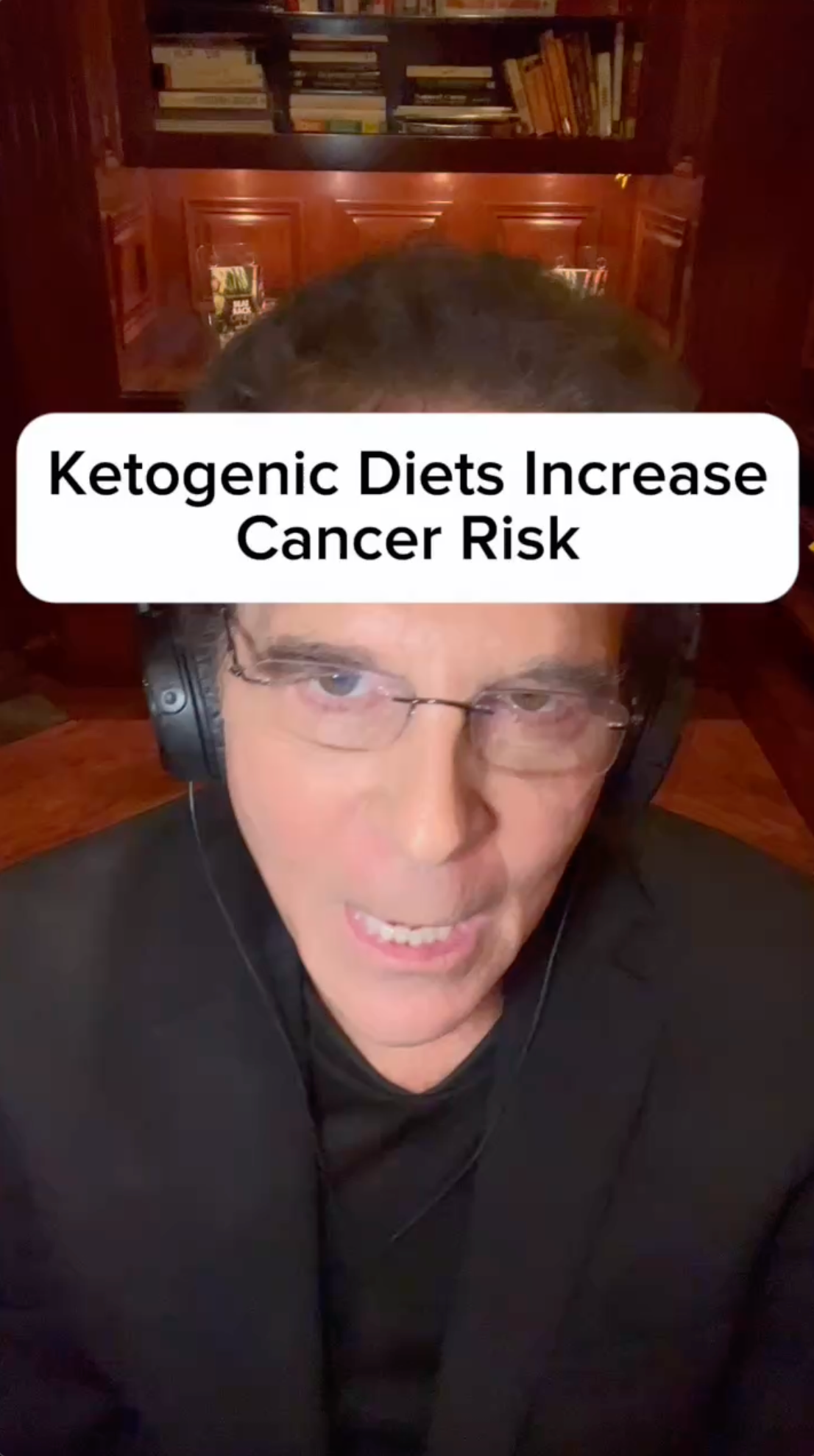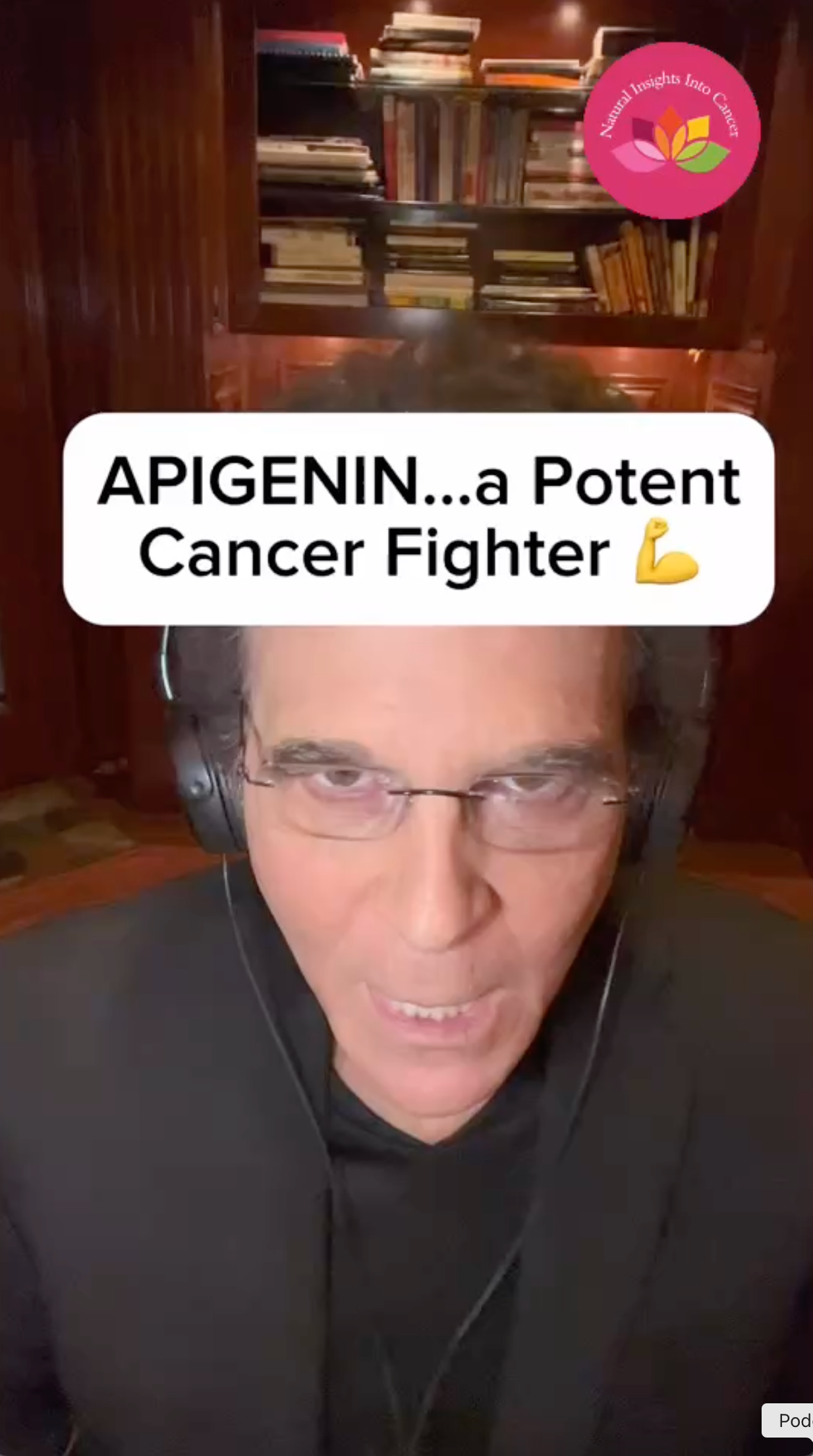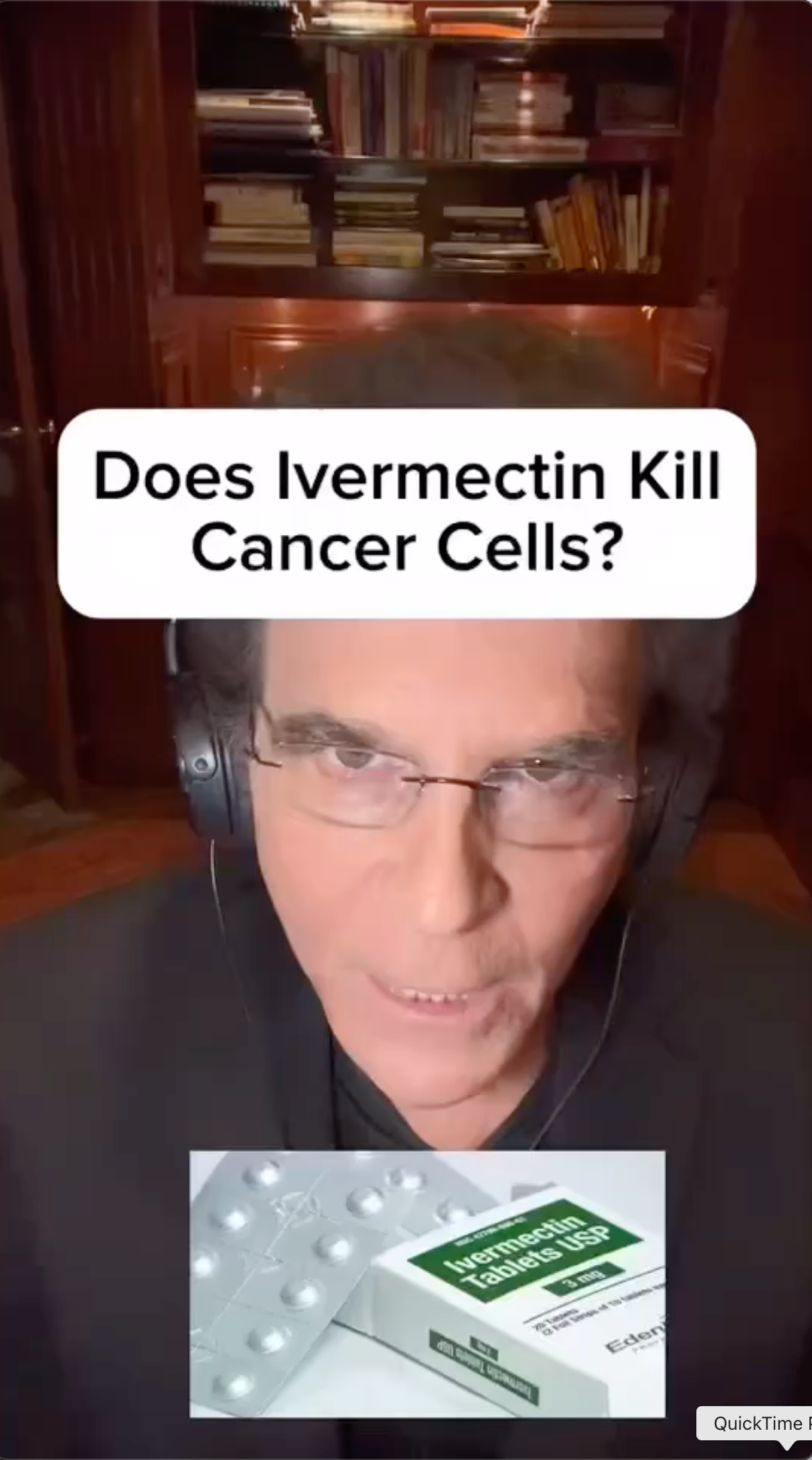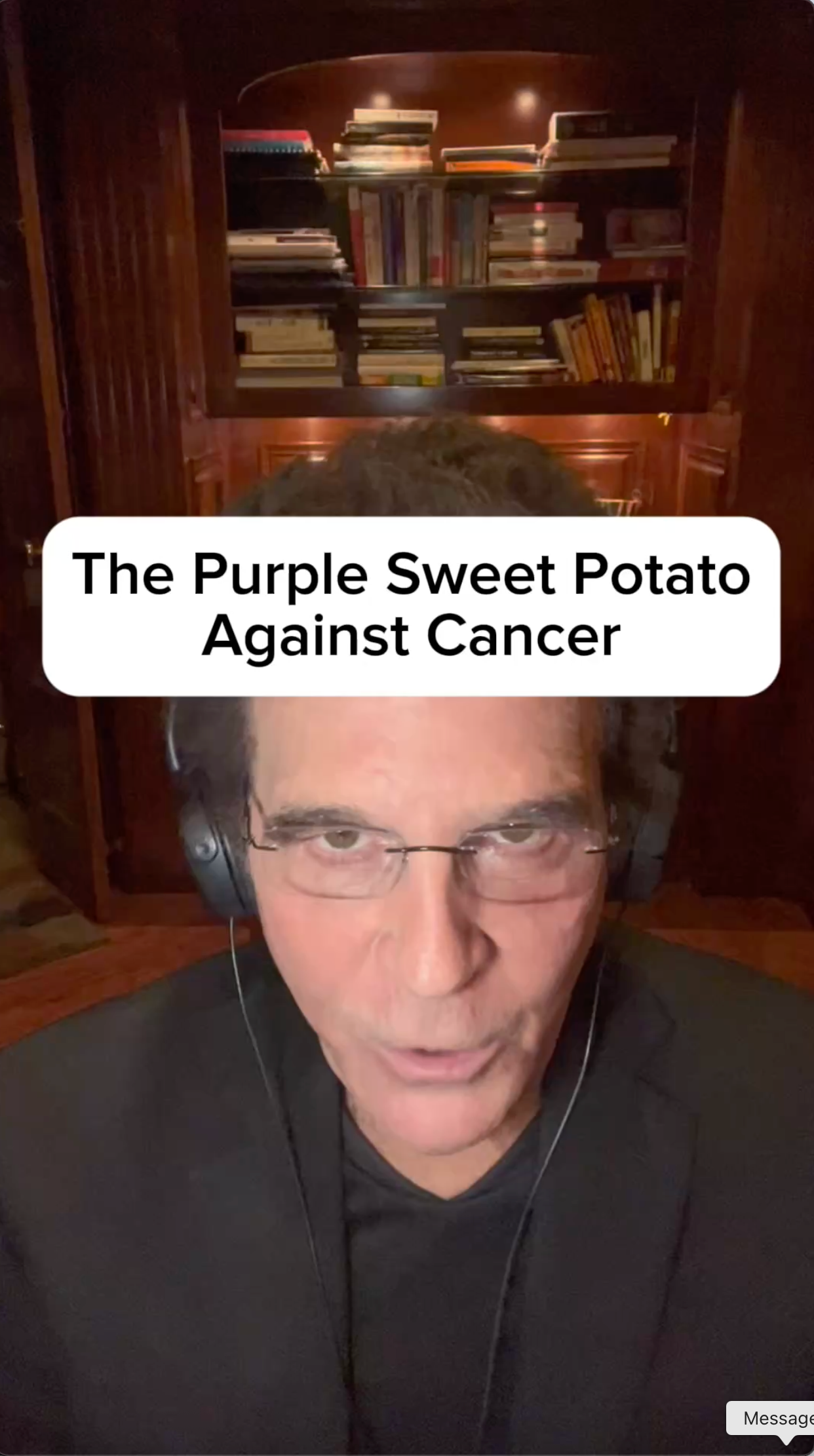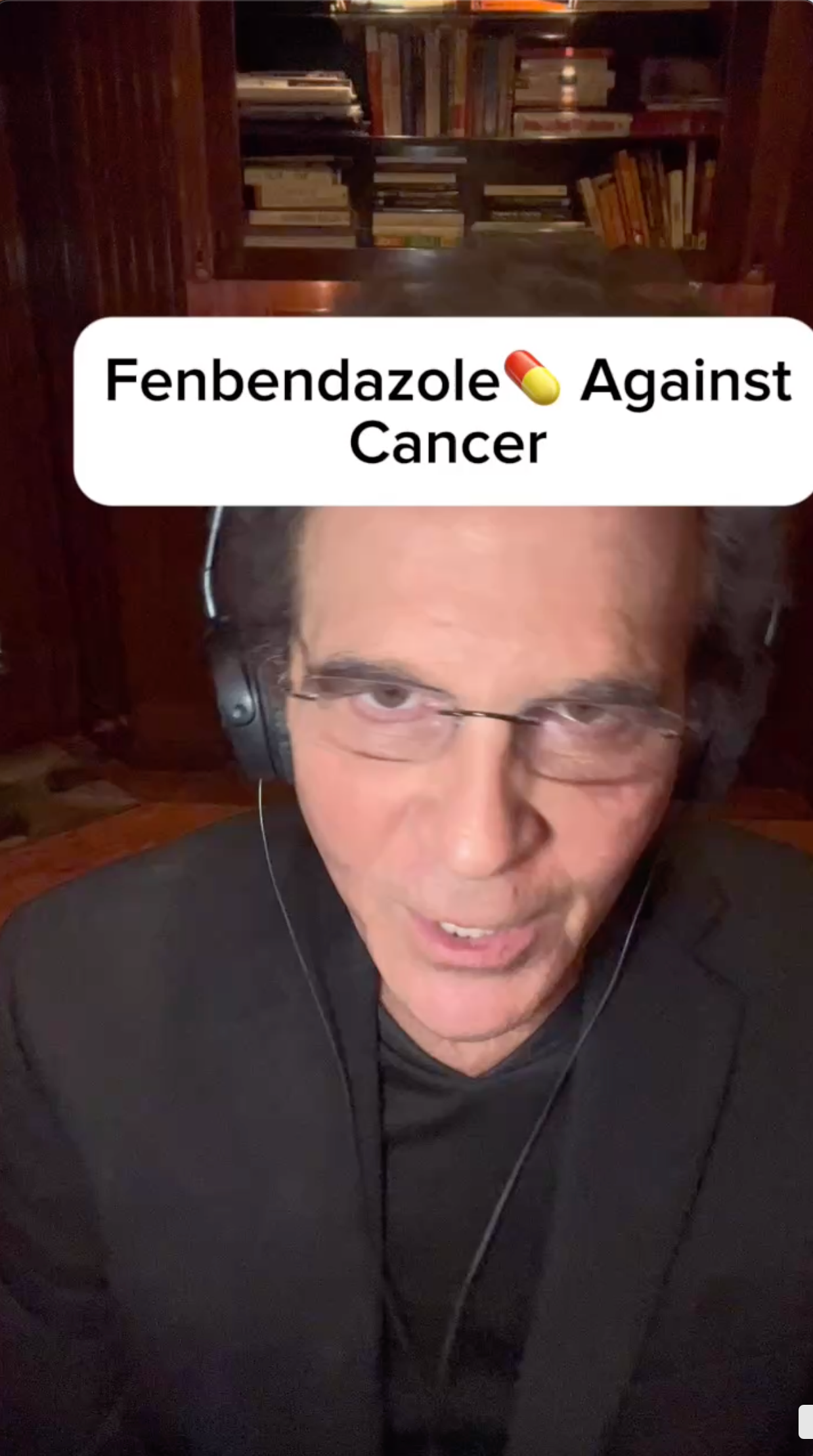Antioxidants and Chemo...An OK Combination?
Dominic A. Brandy, MD • October 21, 2019

This is one of the most common questions that I get asked from cancer patients. When cancer patients ask their oncologists about whether or not they can take antioxidant supplements during chemo and radiation treatments, there is almost always an international-knee-jerk-reaction that says “No”, even though the scientific literature, in general, shows that antioxidants can be beneficial during conventional treatments and not harmful. The same goes for a whole food plant, based-diet which has 63X the antioxidant power compared to animal-meat and dairy-based diets.
Here’s the concern with taking antioxidants with chemo and radiation treatments. Both radiation therapy and many chemotherapy drugs (not all) kill cancer by producing molecules, called “free radicals”, that damage the DNA of the tumor cells. Once the DNA is damaged, many of the cancer cells commit cell suicide...something we call “apoptosis”.
Most of our normal cells have a mechanism that signals them to die when the DNA damage cannot be fixed quickly. Cancer cells, on the other hand, have a defective DNA-damage-repair system unlike normal cells. This slows down their ability to repair DNA damage making them vulnerable to apoptosis. Because of these facts, radiation and chemo can kill many cancer cells while sparing most normal cells. Antioxidants are compounds that have the ability to neutralize the free radicals produced by radiation and chemotherapy; therefore the concern about taking antioxidants with these treatments.
The fact is... the preponderance of evidence generally demonstrates that antioxidants do not negatively affect radiation therapy or chemotherapy when taken during those conventional treatments. In fact, many studies validate that they often exert a positive effect.
The only adverse effect that I could find in the scientific literature was the combination of green tea’s polyphenols (that have a 1,2-benzenediol molecular component), vitamin C and alpha-lipic acid reacting with the boronic acid component of bortezemib (Velcade) (a protesome inhibitor used for myeloma). When the above 3 antioxidants were combined with bortezemib (Velcade) in animal studies, it was not as effective [1,2,3]. Other proteosome inhibitors tested that did not have the boronic component in its molecular structure were unaffected. So the Velcade interaction seems to be peculiar to the boronic acid moiety.
In one of the most comprehensive studies ever done on antioxidant use with chemo and radiation, Dr. Keith Block and his group systematically reviewed the entire body of scientific work evaluating the effects of concurrent use of antioxidants with chemotherapy [4]. He performed a search of literature from 1966-October 2007 using MEDLINE, Cochrane, CinAhl, AMED, AltHealthWatch and EMBASE databases. Randomized, controlled clinical trials reporting antioxidant-based lessening of chemotherapy toxicity were included in his final tally.
Only 33 of 965 articles, including 2,446 subjects, met the criteria that qualified for his high standards. The antioxidants he evaluated were: glutathione (11), melatonin (7), vitamin A (1), an antioxidant mixture (2), N-acetylcysteine (2), vitamin E (5), selenium (2), L-carnitine (1), Co-Q10 (1) and ellagic acid (1).
The majority (24 of the 33 studies) he looked at reported evidence of decreased toxicities from the concurrent use of antioxidants with chemotherapy. Nine studies reported no difference in toxicities between the 2 groups. Only one study (vitamin A) reported an increase in toxicity in the antioxidant group due to overdose. Five studies reported the antioxidant group completed more full doses of chemotherapy or had less-dose reduction than control groups.
His conclusion after reviewing the entire scientific literature was that antioxidant supplementation during chemotherapy appeared to limit toxicities without affecting the results of the chemotherapy and many times improving the results.
How could the results improve? As we already discussed, free radicals produced by many chemotherapeutic drugs cause cancer cells to “commit cell suicide,” a process we described as “apoptosis”. We also know that apoptosis is triggered, in part, by free-radical damage to parts of the cancer cell. We also discussed that many oncologists recommend that their cancer patients avoid antioxidants entirely because of a theoretical fear that antioxidants might neutralize this free-radical damage and impede apoptosis. Dr. Block and his research team, however, realized that this was in direct contradiction to strong data, that is well recognized among scientists who study natural products. There are, in fact, numerous antioxidants that are well known to actually cause apoptosis in cancer cells. Curcumin, EGCG in green tea, and melatonin are just 3 of the best-known antioxidants that are widely known to cause apoptosis in a variety of different types of cancer cells. But they don’t cause apoptosis in normal cells. In fact, they can protect them from many kinds of carcinogenic damage.
So how is it that these well-known antioxidants can be causing apoptosis if they impede free-radical activity? When Dr. Block’s research team delved into the scientific literature they found an explanation for this phenomenon, and also for why it might occur in cancer cells, but not in normal cells. Interestingly, laboratory scientists have discovered ways to tell when a substance causes free radicals to be formed inside of cells. There are substances that are described as “molecular probes” that can test for these intracellular free radicals. And they can easily test any substance to see if it causes apoptosis in either cancer cells or normal cells. What researchers have discovered is that many antioxidants cause apoptosis in cancer cells when they are applied in high doses to cells grown in test tubes. The same doses, however, do not cause apoptosis in normal cells. When the molecular probes are used, scientists find that the high-dose antioxidants actually cause cancer cells to produce free radicals. This is what is most likely triggering apoptosis.
Why would this happen in cancer cells and not normal cells? It turns out that antioxidants can undergo reactions with metals. Specifically, many of the natural antioxidants that are known to trigger apoptosis in cancer cells have been found to form free radicals when they interact with copper. Cancer cells are well known to have high concentrations of copper and other metals such as iron. Copper in particular plays an important role in the basic metabolic processes of the cancer cells as well as angiogenesis (blood vessel formation) and metastasis. Cancer cells need copper for these processes, which are absent in normal cells. When natural antioxidants react with these extraordinarily high copper levels, they become pro-oxidants which can then trigger cancer-cell apoptosis. This is most likely the reason that they cause apoptosis in cancer cells, but not in normal cells.
So, when we give antioxidants that generate intracellular free radicals, along with chemotherapy that also creates free radicals, what happens? Do the antioxidants neutralize or interfere with the chemotherapy, or do their pro-oxidant effects dominate? In almost all of these cases, the research indicates that the antioxidants actually enhance the effect of the chemotherapy drugs. These studies have been done not only on a petri dish, but also in animals and in humans. A large review article, for instance, described many experiments in which curcumin was given with chemotherapy (or radiation) and was discovered to improve the effectiveness of the chemo. A series of clinical trials conducted in Italy found that high-dose melatonin increased the effects of chemotherapy, but reduced its toxicity to normal tissues. And, while petri dish studies required high doses of antioxidants to obtain their pro-apoptosis effects, the studies in animals and humans used very reasonable doses. This extremely interesting pro-oxidant phenomenon may explain why antioxidants did not eradicate the effects of chemotherapy in the randomized trials Dr. Block’s research team reviewed.
Another important gem to back up Block’s findings is that the FDA approved a very potent antioxidant drug called Amifostine, WR-2721 or Ethyol for use during radiation therapy and chemotherapy to protect sensitive tissues from the damaging effects of conventional treatments. The FDA approval was based on an extensive review of the data, which found no reduction in the efficacy of radiation or chemotherapy when Amifostine was administered during treatment.
So, on the one hand, some oncologists are telling patients not to ingest weak antioxidants like vitamin C, vitamin E, curcumin and green tea, while they are prescribing an extremely potent FDA approved antioxidant (given through an IV) that has been found to decrease toxicity, while not having a negative effect on the conventional therapeutic result.
A note of caution however. To date, 9 randomized controlled trials have investigated antioxidants for cancer prevention, regardless of diet. These primarily looked at synthetic-beta-carotene and synthetic-d-alpha tocopherol (vitamin E) as single-synthetic vitamins and not as they appear in nature (as one of many antioxidants in their natural-mixed carotenoid or mixed-tocopherol/tocotrienol complexes). Five of the studies showed no effect, 2 showed a positive effect and 2 revealed a negative effect in smokers. Because these results are essentially neutral and the fact that fat-soluble vitamins can accumulate in the fatty tissues, I strongly advise to have your fat-soluble vitamins levels regularly checked (every 6-12 months) by your physician. I use a test from Genova Labs that measures the fat-soluble antioxidants beta-carotene, vitamin D, d-alpha tocopherol (vitamin E), vitamin K and Coenzyme Q10 levels. If your levels get above the normal range, I would highly recommend that you cut back on the strength of the supplements because levels in excess of normal are not ideal.
In foods and herbs, the recycling of the contributed electrons of antioxidants balances out as Nature intended. To help you understand this concept...when an antioxidant contributes its electron to neutralize a free radical, it now becomes a pro-oxidant free radical itself, because it just lost one of its electrons. The accompanying antioxidants in foods and carotenoid and tocopherol complexes then contribute their electrons to the antioxidant that just lost one of its electrons to keep all in a neutral state. That is why with individual vitamin supplements (especially fat-soluble vitamins), we need to be more cautious. Furthermore, when I recommend antioxidants like beta-carotene or vitamin E they are always in their natural form. For instance, the beta-carotene supplement that I recommend is called Full Spectrum Carotene which is a combination of many carotenoids. The vitamin E supplement is called Trin-En-All 400 which is a combination d-alpha, beta, gamma, delta tocopherols with 4 tocotrienols.
Ideally, a diverse whole food plant, based-diet will provide you with a hefty dose of phytonutrient antioxidants that have their contributed electrons naturally recycled by the body. The problem is, however, that only 3% of the Western population consumes the required amount of fruits, vegetables, whole grains, legumes, mushrooms, nuts and seeds to keep antioxidants at appropriate levels. I, therefore, would recommend to those individuals to, at a minimum, take a high-quality, multivitamin supplement with no iron. I recommend Ultra Preventive X made by Douglas Labs that can be purchased on Amazon. Take 4 in the morning with food.
Most of the supplements that I recommend are herbs in a tea, capsule or freeze-dried-powder form. There are very few supplements that I recommend in a single-vitamin form because of this electron-recycling issue that I do think is important. When I do recommend a single vitamin like alpha-lipoic acid, for example, it is primarily being used as a drug to combat a specific-cancer-treatment complication (i.e. peripheral neuropathy).
1. Golden EB et al. Green tea polyphenols block the anticancer effects of bortezomib and other boronic acid-based proteasome inhibitors. Blood 2009 Jun 4;113(23):5927-37.
2. Steinberg J et al. Alpha Lipoic Acid (ALA) Inhibits the Anti-Myeloma Effects of Bortezomib. Blood 2009 114:3832.
3. Perrone G et al. Dietary Supplement Vitamin C Significantly Abrogates Bortezomib-Induced Multiple Myeloma (MM) Cell Growth Inhibition. Blood 2008 112:3687.
4. Block K et al. Impact of antioxidant supplementation on chemotherapeutic toxicity: a systematic review of the evidence from randomized controlled trials. Int J Cancer 2008 Sep 15;123(6):1227-39
Natural Insights Into Cancer Blog
If you like our blog, you'll love our book.
BEAT BACK CANCER NATURALLY is based on 5 scientifically proven ways that require you first get educated. You’ll make a plan which is laid out for you in a simple fashion. If you follow my steps you will gain a feeling of empowerment over your cancer and will not only survive but thrive.



